Supreme Court Case Limits Judicial Review of Discretionary Decisions by Immigration Authorities
A recent ruling by the U.S. Supreme Court may have devastating consequences, particularly for immigrants asking courts to review certain types of discretionary decisions issued by immigration authorities. In particular, the ruling may leave immigrants with little recourse when their applications are rejected based on mistakes they have made in the past, essentially blocking their ability to have decisions by immigration agencies reviewed by the courts.
The ruling effectively limits the ability of immigrants to ask courts to review certain decisions issued by immigration officers, including, for example, the decision to grant an individual permanent residency or citizenship, when this decision is based on certain forms of discretion. The decision is a blow to the due process rights of immigrants and significantly limits access to justice to review certain immigration decisions at a time when immigrants face lengthy backlogs in an already complex legal system.
“Today’s decision lets immigration officials make discretionary decisions based on totally mistaken assumptions about the immigrant. The official might know they’re false, or it might be based on an honest mistake. Either way, our courts exist to correct such mistakes and allow all people to be treated fairly,” Paul Gordon, legislative counsel at the People for the American Way, told Voice of America News.
Background
The ruling, which was issued on May 16, 2022, by the Supreme Court, was based on a 5-4 decision in the case Patel v. Garland. The ruling stated that federal courts do not have jurisdiction to review findings of fact in cases that involve discretionary relief related to immigration proceedings.
The case was brought by an Indian Citizen, Pankajkumar Patel, and centered around Patel’s desire to obtain permanent residency in the United States. Patel, who had initially entered the United States without inspection in the 1990s, filed for permanent residency, but his application was rejected. The rejection was based on evidence presented by immigration authorities that Patel had misrepresented his citizenship on a Georgia driver's license application in 2008. Patel contended that this was a mistake and that he had marked the wrong box on the application.
Following the rejection of his application, Patel was placed in removal proceedings and was referred to immigration court. During his hearing, Patel asked the immigration judge presiding over his case to grant him discretionary relief and reinstate his application for residency to prevent his deportation. Patel testified that he had made a mistake when filling out the driver’s license application and had no intention of claiming to be a U.S. citizen. The judge did not find Patel credible and denied his request.
Patel appealed the decision to the Board of Immigration Appeals (BIA), who affirmed the immigration judge’s decision. Patel subsequently appealed to the 11th Circuit Court of Appeals, who reviewed one central issue: whether their court had jurisdiction to review fact findings that involve discretionary relief, including findings of fact related to credibility, as was the case for Patel.
In a ruling issued by a three-judge panel at the 11th Circuit, the court stated that Congress has: “stripped our jurisdiction to hear certain appeals of immigration cases." The panel further noted, "Congress enumerated several '[m]atters not subject to judicial review' in 8 U.S.C. § 1252(a)(2)... In short, we cannot review appeals from judgments under § 1255 unless the party raises a constitutional claim or a question of law."
As a result, the 11th Circuit held that it could not review the BIA’s factual findings and denied Patel’s petition for review. Patel appealed the decision to the Supreme Court as his last hope. The court, however, ruled against Patel, with Justice Amy Coney Barrett writing the opinion for the majority:
“Federal courts have a very limited role to play in this process. With an exception for legal and constitutional questions, Congress has barred judicial review of the Attorney General’s decisions, denying discretionary relief from removal. We must decide how far this bar extends—specifically, whether it precludes judicial review of factual findings that underlie a denial of relief. It does.”
In a written dissent, Justices Neil Gorsuch, Stephen Breyer, Sonia Sotomayor, and Elena Kagan made an impassioned case for the potential consequences of this decision. “Today, the Court holds that federal bureaucracy can make an obvious factual error that will result in an individual’s removal from this country, and nothing can be done about it. No court may even hear the case. It is a bold claim promising dire consequences for countless lawful immigrants. And it is such an unlikely assertion of raw administrative power that not even the agency that allegedly erred, nor any other arm of the Executive Branch, endorses it. Today’s majority acts on its own to shield the government from the embarrassment of having to correct even its most obvious errors. Respectfully, I dissent.”
Conclusion
The case is a striking example of the challenges faced by immigrants in navigating the complex and, at times, unforgiving U.S. immigration system. While many await some form of comprehensive immigration reform to be passed by Congress, the current state of affairs only seems to be getting worse for immigrants inside the country. According to some estimates, 5.2 million of the 8.5 million total applications pending before United States Citizenship and Immigration Services (USCIS) are currently beyond acceptable processing time.
While waiting times grow, there is no shortage of administrative barriers for immigrants navigating the system. Patel and his wife and three children now face an uncertain future despite residing in the United States for nearly 30 years. Their ability to continue to remain in the United States is in doubt, based solely on a single question on a driver’s license form.
